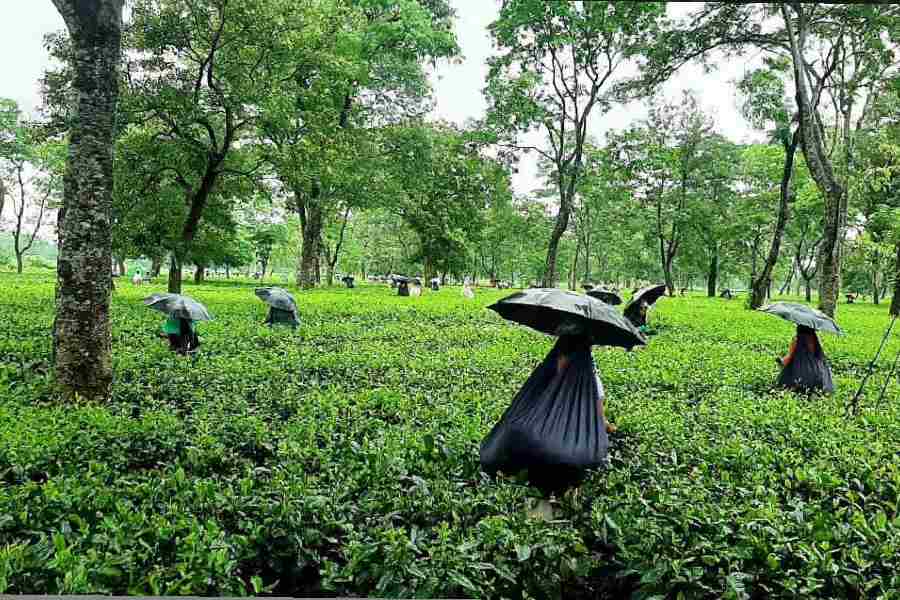An apex body of small tea growers in the state has sent a letter to the Tea Board of India, seeking a complete ban on the import of Nepal tea into India, especially during winter when tea production in India will stop.
“According to the directive of the tea board, plucking and processing of tea will stop during winter months. The decision has been made by the board to prevent the production of low-quality teas as fresh tea leaves stop growing in bushes in winter. We want the board to ensure that no tea from Nepal is imported into India during this period,” said Rajat Roy Karjee, who chairs the West Bengal United Forum of Small Tea Growers’ Association (WBUFSTA).
The forum is an apex body of various associations of small tea growers in the
state. It represents around 50,000 small growers based in the districts of Darjeeling, Jalpaiguri, Uttar Dinajpur and Cooch Behar.
“A section of unscrupulous tea traders in Siliguri import the Nepal tea, blend it with the local tea, and then sell it in domestic and international markets as Indian tea. This practice must stop. As there will be no tea production during the lean season (winter), the import of Nepal tea, which we suspect would be sold as Indian tea by these people, might jeopardize the reputation of Indian teas in domestic and international markets. That is why we seek restriction on the import,” he added.
In north Bengal, stakeholders of the tea sector, including those associated with the Darjeeling tea industry, have time and again pointed out that the import and re-export or sale of Nepal teas is affecting their market.
In their letter, the small growers have also sought an extension in the last date of plucking and production of tea.
On July 15, the board issued a notification, saying that the last date for the production of teas in Bengal is November 30. The date to start production of teas next year will be notified in due course, said sources.
“This year, there has been a crop loss of 30 to 40 per cent due to inclement weather. Also, prices of tea leaves are unsteady. On certain occasions, they dropped
even below our production costs,” said a veteran planter in Jalpaiguri.
“That is why we have urged the tea board to extend the last date of production till December 15. Till then, tea leaves are available and we can produce standard quality tea. It will help us and the entire tea sector to recover losses partially,” he added.
The WBUFSTA has also said that the tea board should conduct awareness programmes among growers and the bought-leaf factories (standalone tea processing units which process tea leaves bought from growers) over the use of banned chemicals and the adherence to MRL (maximum residue limit of chemicals) in teas.
“This will help improve the quality of teas and ensure that the brew made in the small tea sector is safe to drink,” said Roy Karjee.











